On the morning of November 10, continuing the program of the 6th Session, the National Assembly listened to Minister of Finance Ho Duc Phoc present the Draft Resolution on applying additional corporate income tax according to regulations against global tax base erosion; the Chairman of the National Assembly's Finance and Budget Committee presented the report on examining the draft Resolution.
Presenting the Report on the Examination of the National Assembly 's draft Resolution on the application of additional corporate income tax according to regulations on preventing global tax base erosion, Chairman of the National Assembly 's Finance and Budget Committee Le Quang Manh stated the necessity of issuing the Resolution.
Accordingly, the regulations on the application of the OECD Global Minimum Tax (GTM Tax Regulation), also known as the regulations on anti-global tax base erosion, are proposed by the OECD and will be applied from the 2024 CIT period.
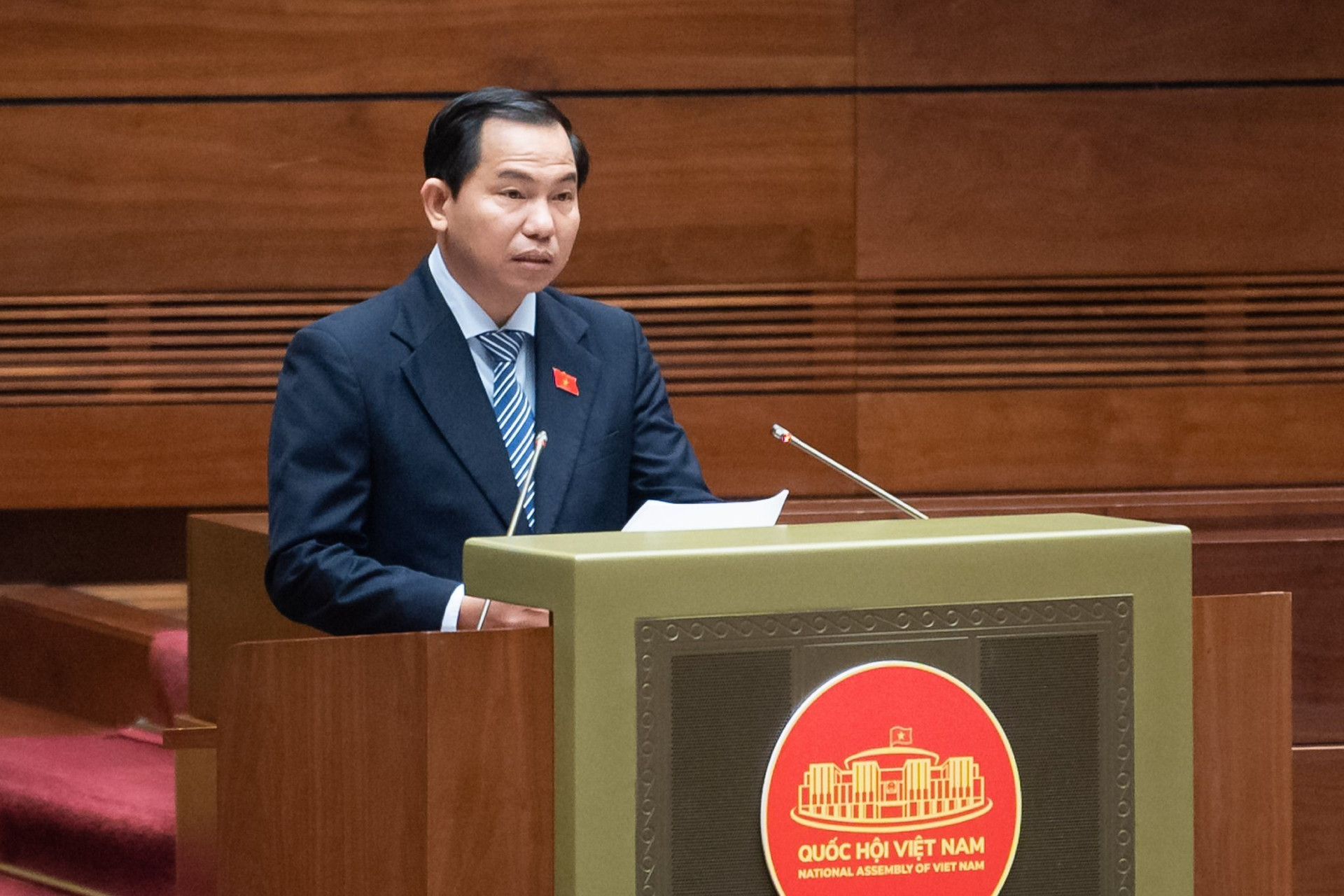
The implementation of this TTTC tax has reached an agreement of participation from more than 100 countries in the world, including Vietnam. Currently, many countries have internalized these regulations to apply for the 2024 CIT calculation period. If Vietnam does not internalize the regulations on TTTC tax, investment exporting countries will be charged additional CIT (up to the level of 15%) for multinational companies with foreign investment projects (FDI) in Vietnam and are paying actual CIT below 15%.
Therefore, in order to maintain Vietnam's taxing rights in the context that exporting countries investing in Vietnam will implement corporate income tax from the 2024 corporate income tax period, the majority of opinions in the TCNS Committee believe that it is necessary to issue a legal document to create a legal basis for foreign-invested enterprises subject to the adjustment of the corporate income tax to be able to declare additional corporate income tax in Vietnam instead of having foreign investors pay this additional tax in the parent country.
“On the other hand, the early issuance of the Resolution will clearly demonstrate Vietnam's determination to implement the TTTC tax from January 1, 2024, creating confidence for investors in the legal environment in Vietnam,” emphasized Chairman of the Finance and Budget Committee Le Quang Manh.
In the context that the Government has not yet implemented the plan to amend and supplement the Law on Corporate Income Tax to stipulate in the Law the contents related to the TTTC, the majority of opinions in the TCNS Committee agreed that it is necessary to temporarily issue a Resolution (pilot) of the National Assembly on the application of additional corporate income tax according to the OECD's TTTC Regulations before amending the Law to ensure Vietnam's tax collection rights, in line with international trends and standards in tax management.
At the same time, it is requested that the Government clearly report on the plan and time to amend and supplement the Law on Corporate Income Tax to ensure that tax contents must be consistently regulated in the Law.
Regarding the form of the document, the Government proposes that the name of the Resolution not include the word "pilot" to ensure certainty that the document meets standards when OECD or countries with related interests conduct peer review.
This is a matter of document form. However, in order to minimize possible problems for investors when declaring taxes in the parent country, the majority of opinions in the TCNS Committee agreed to not include the word “pilot” in the name of the Resolution.
However, in essence, this Resolution is still a pilot Resolution due to its new policy provisions, which are different from those of current laws. Accordingly, there should be specific provisions on the application period and termination in accordance with the provisions of the Law on Promulgation of Legal Documents.
Regarding impact assessment, the Government's Impact Assessment Report has calculated based on 2022 corporate income tax settlement data and it is expected that about 122 foreign-invested corporations will be subject to adjustment by the Resolution.
Regarding domestic corporations, the Government's Report predicts that 6 corporations will be subject to the Resolution's adjustment and the estimated additional corporate income tax (IIR) that can be collected from overseas investments of these corporations is about 73 billion VND (in case the investment recipient countries do not apply the TTTC tax). However, according to the TTTC Tax Regulations, even for the domestic income of these corporations with an actual tax rate of less than 15%, they will still have to pay the domestic minimum additional corporate income tax (QDMTT) to avoid the third countries being entitled to collect this tax from Vietnam from 2025.
“This could have a significant impact on domestic corporations,” said Le Quang Manh, Chairman of the Finance and Budget Committee.
The Government’s impact assessment report has not yet fully assessed these impacts, including the possibility that the number of domestic corporations affected will change each year and may be greater than the number currently expected. Therefore, the Government needs to take these impacts into account to prepare appropriate solutions and perspectives.
Regarding the issue of investment guarantee and the possibility of litigation, the application of TTTC tax will directly affect the interests of foreign invested enterprises that are enjoying exemption and reduction incentives and have an actual tax rate lower than 15%.
There are foreign investors who want to pay additional TTTC in Vietnam, but there are also foreign investors who want to pay additional TTTC in the mother country.
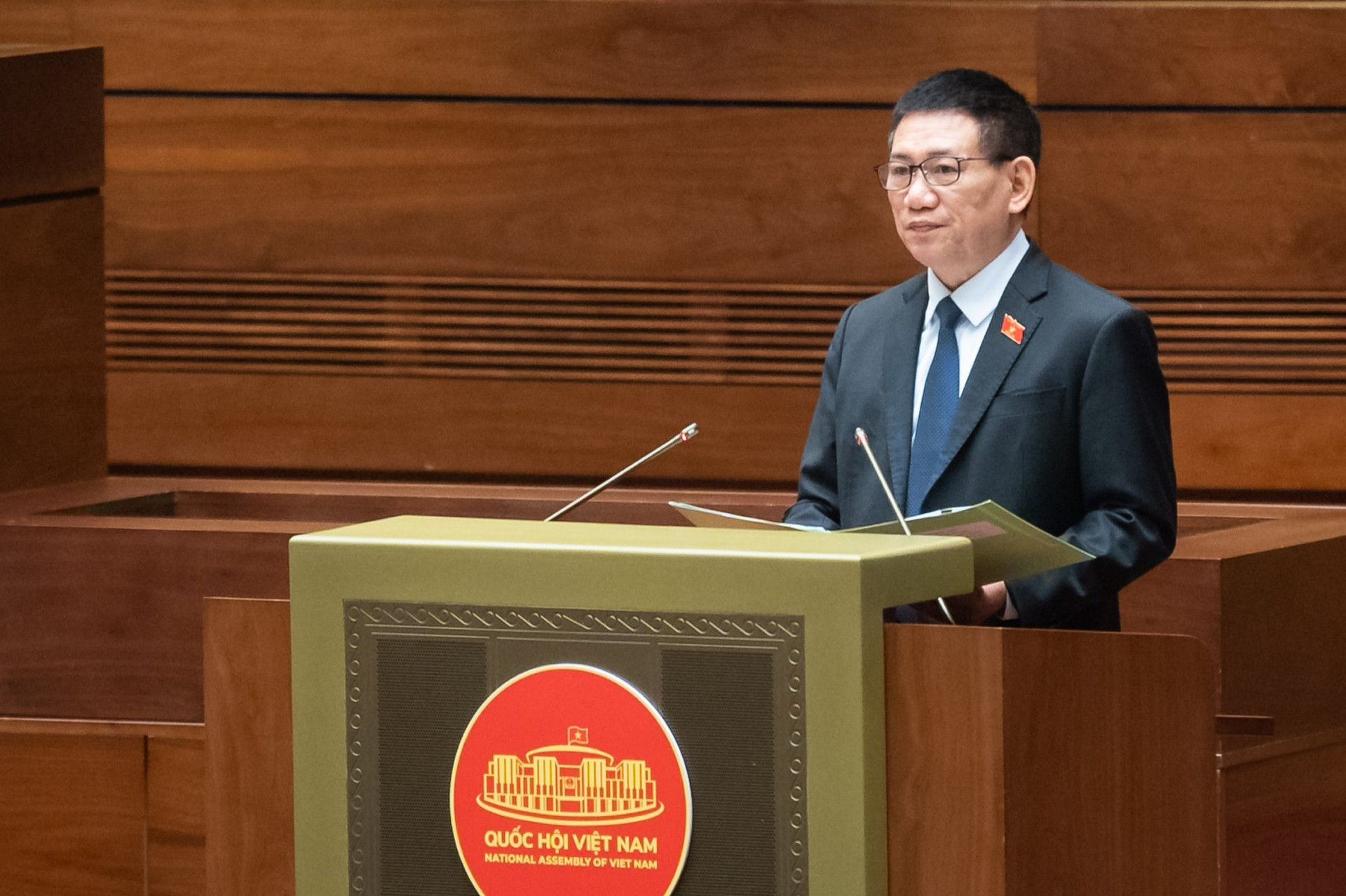
Currently, the draft Resolution is being developed in the direction that, in case an enterprise does not agree with the payment of TTTC tax in Vietnam, it can apply the regulations on investment guarantees according to the law on investment.
Clause 2, Article 13 of the Investment Law on investment guarantees stipulates as follows: “In case a newly issued legal document stipulates investment incentives lower than the investment incentives previously enjoyed by the investor, the investor shall continue to apply the investment incentives according to the previous regulations for the remaining incentive period of the investment project”.
With this provision of the draft Resolution and the provisions of the Investment Law, even in cases where investment incentives are not recorded on the Investment Certificate, foreign investors can still file a lawsuit to choose the option of continuing to enjoy investment incentives for the remaining period and will pay TTTC in the parent country. The content of this draft Resolution is contrary to the OECD's TTTC Regulations, which stipulate that the priority right to collect TTTC is in the country receiving the investment; if a country's domestic law allows investors to choose where to pay additional TTTC, this domestic law document may be considered "substandard".
Therefore, the TCNS Committee proposes that the Government have an official viewpoint on the content of investment guarantee when implementing TTTC tax in order to have appropriate regulations in the draft Resolution...
Previously, authorized by the Prime Minister, Minister of Finance Ho Duc Phoc presented the Draft Resolution on applying additional corporate income tax according to regulations against global tax base erosion.
Minister of Finance Ho Duc Phoc said that on October 8, 2021, the Organization for Economic Cooperation and Development (OECD) issued a statement on the Two-Pillar Solution Framework to address challenges arising from the digital economy.
The global minimum tax is not an international treaty, not an international commitment, and is not mandatory for countries to apply.
However, if Vietnam does not apply it, it must still accept that other countries apply the Global Minimum Tax, and have the right to collect additional taxes on enterprises in Vietnam (if applicable) that enjoy an actual tax rate in Vietnam lower than the global minimum rate of 15%, especially enterprises with foreign investment.
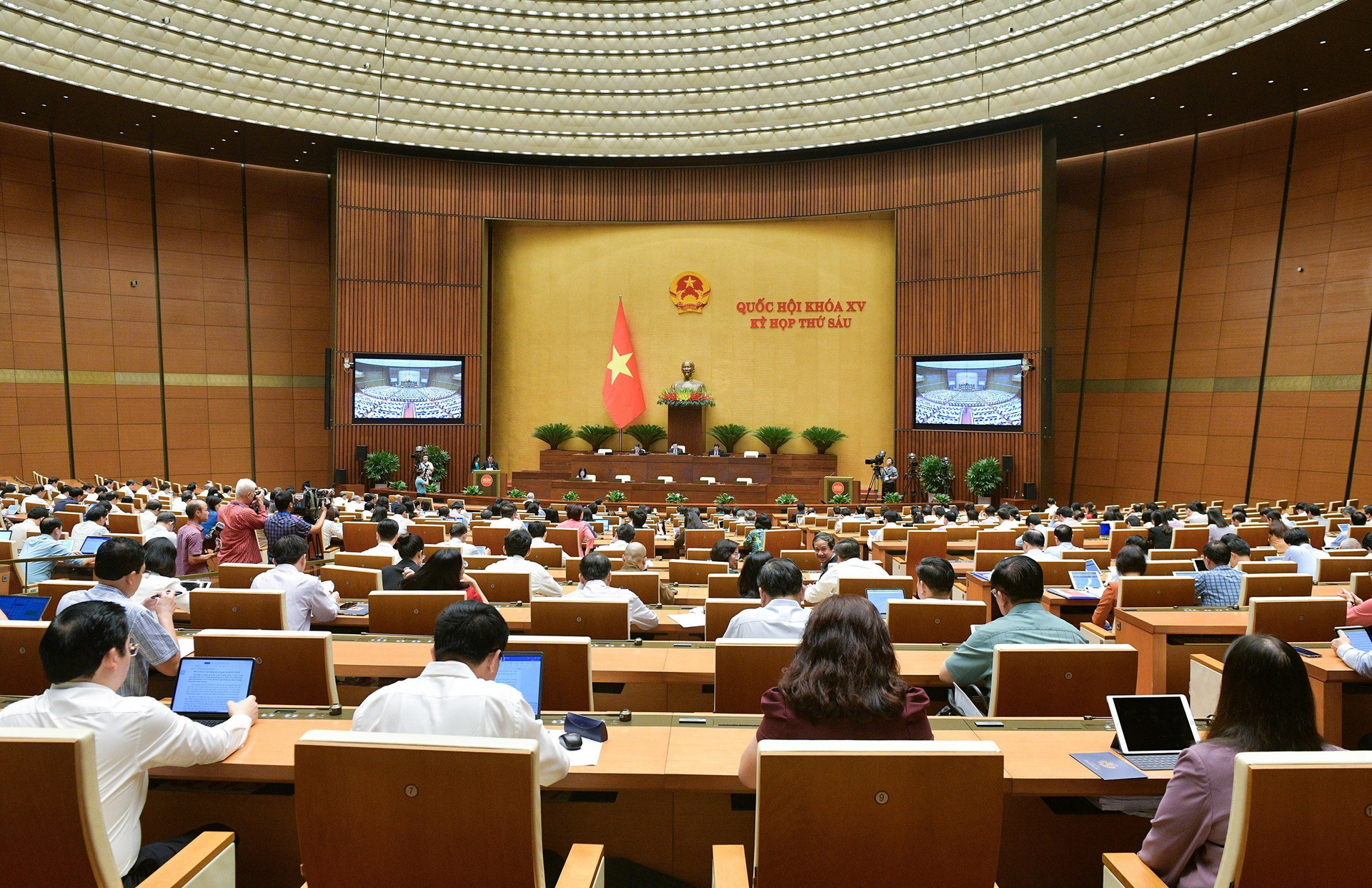
“In the above context, to ensure its legitimate rights and interests, Vietnam needs to affirm the application of the Global Minimum Tax,” said Minister of Finance Ho Duc Phoc.
According to the OECD guidelines on global base erosion regulations, the Global Minimum Tax is essentially an additional corporate income tax and countries need to regulate it in their legal systems accordingly.
Source





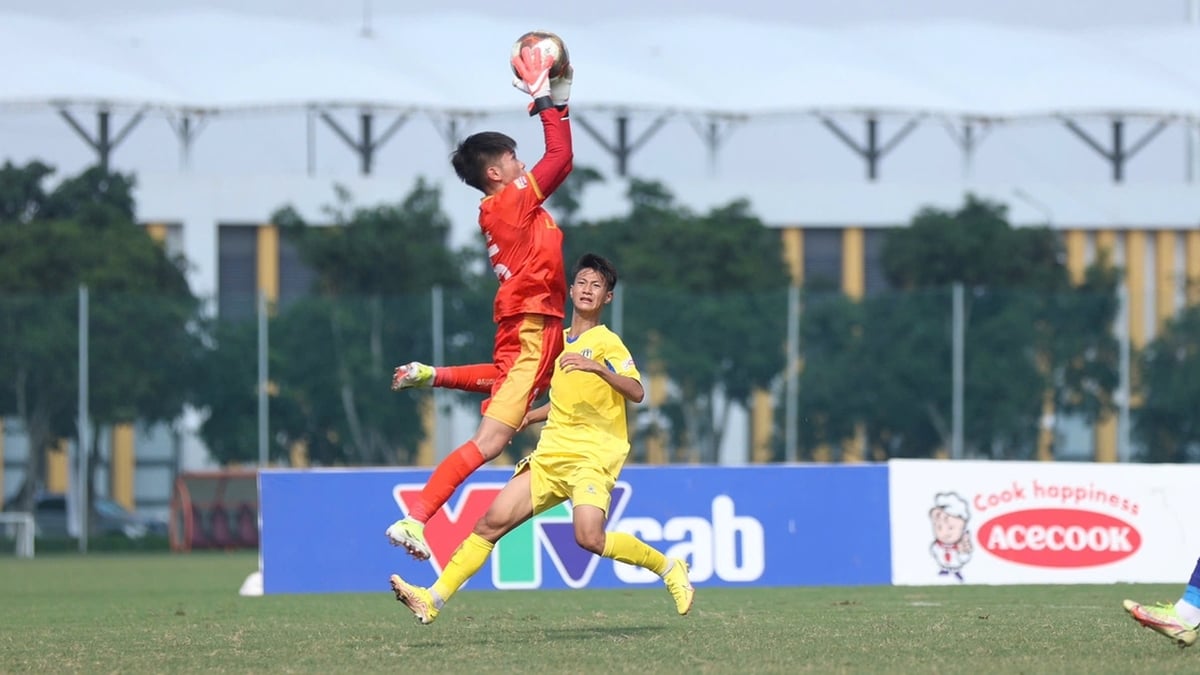



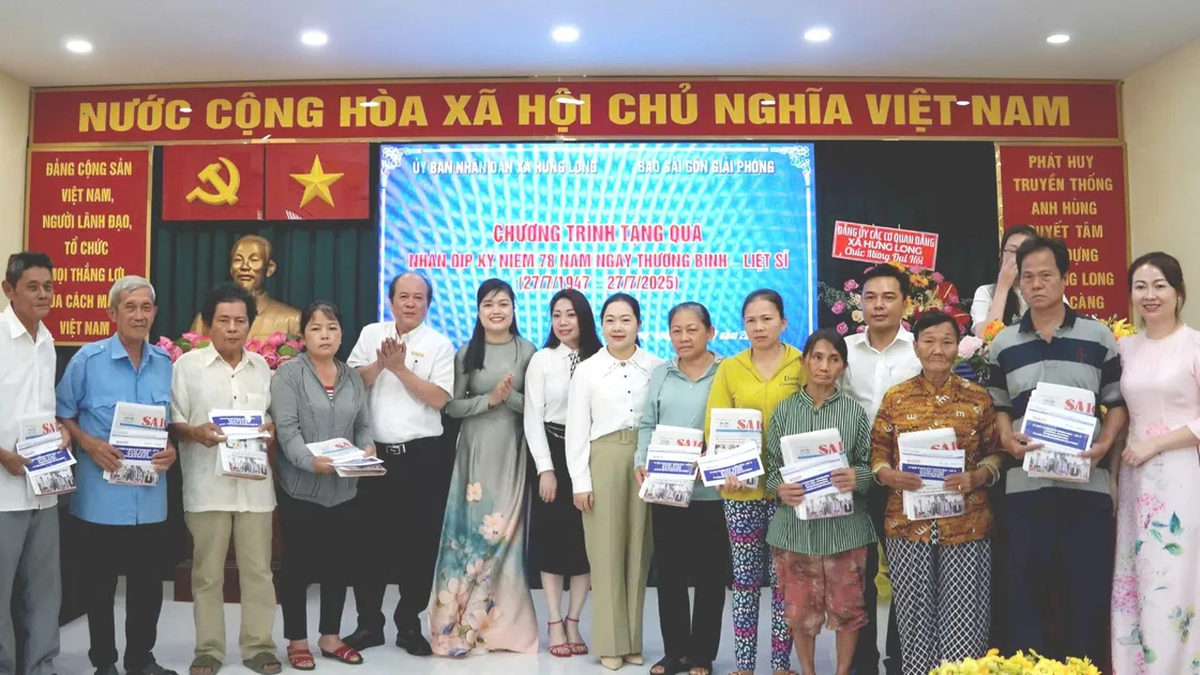












![[Photo] National Assembly Chairman attends the seminar "Building and operating an international financial center and recommendations for Vietnam"](https://vphoto.vietnam.vn/thumb/1200x675/vietnam/resource/IMAGE/2025/7/28/76393436936e457db31ec84433289f72)














































































Comment (0)